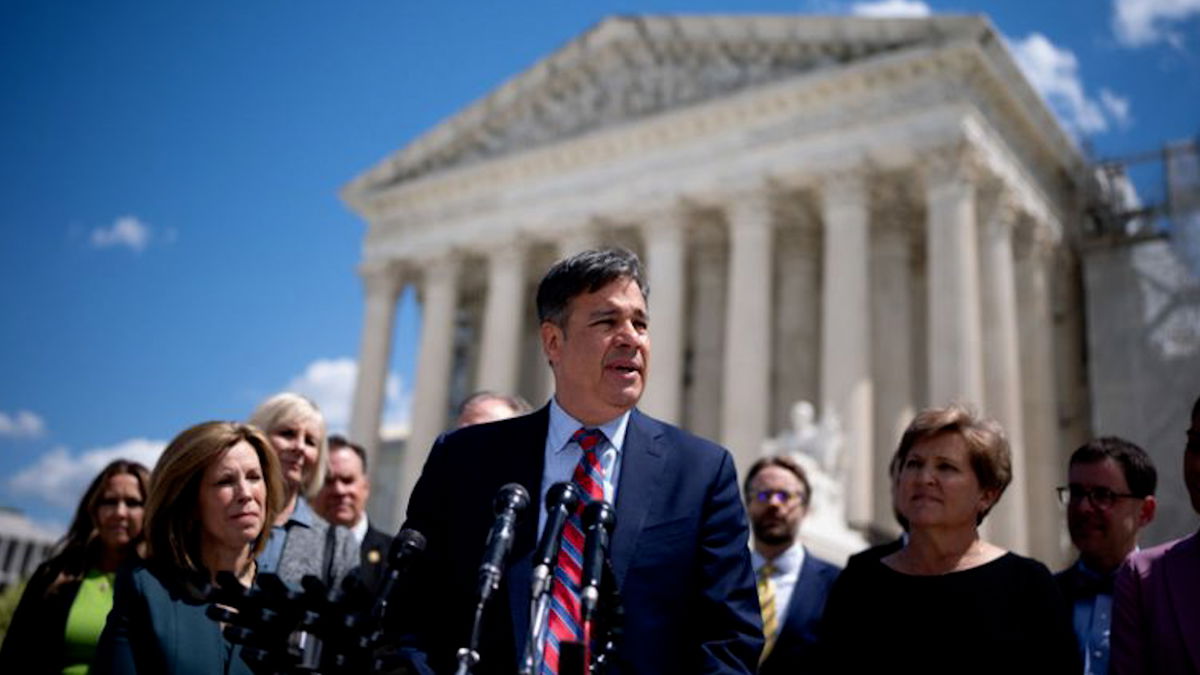
BOISE, Idaho (KIFI) — Idaho’s law banning gender-affirming care for minors, the Vulnerable Child Protection Act, is now fully enforceable following the dismissal of the lawsuit Poe v. Labrador. The legislation bans gender-affirming care—including puberty blockers, cross-sex hormones, and transition surgeries—for individuals under the age of 18.
The dismissal of Poe v. Labrador comes shortly after the U.S. Supreme Court’s June 18, 2025, decision in United States v. Skrmetti, which upheld a similar law in Tennessee that restricts gender-affirming care for minors.
Attorney General Raúl Labrador emphasized the state’s position on the matter: “No one has the right to harm children. For two years, my office defended Idaho’s common-sense law that protects kids from experimental procedures with lifelong, irreversible consequences. Idaho’s Vulnerable Child Protection Act recognizes that children suffering from gender dysphoria need love, support, and medical care rooted in biological reality, not life-altering drugs and surgeries. With this lawsuit now dismissed, Idaho can fully enforce our law protecting children, families, and biological reality.”
Various reactions to the Supreme Court ruling
The ACLU of Idaho, which filed the Poe v. Labrador lawsuit on behalf of two transgender minors, expressed significant disappointment with the Supreme Court’s broader ruling and the dismissal of the Idaho case.
Paul Carlos Southwick, ACLU of Idaho Legal Director, stated, “Transgender people deserve access to lifesaving medical care, full stop. This ruling sidesteps the protections our Constitution affords to our transgender community. We will continue fighting to uphold the Constitution and to ensure everyone is treated equally and can access medically necessary medical care.”
In contrast, the Idaho Family Policy Center applauded the Supreme Court’s ruling.
Blaine Conzatti, President of the Idaho Family Policy Center, said, “State legislatures across the country are reviewing the data and coming to the conclusion that it’s time to ban mutilating sex change drugs and surgeries for gender-confused children. The evidence is clear: these so-called ‘gender-affirming treatments’ wreak havoc on developing bodies. Laws like these are necessary to protect gender-confused children from medically unnecessary drugs and procedures that result in lifelong harms.”
Background of the Vulnerable Child Protection Act/ Poe v. Labrador
The Vulnerable Child Protection Act (House Bill 71) passed the Idaho Legislature in 2023. The legislation makes providing gender-affirming care to minors a felony for doctors. Supporters of the bill argued that children cannot consent to experimental treatments with permanent consequences.
Following the bill’s passage, the ACLU of Idaho filed Poe v. Labrador, arguing that the law would cause unnecessary harm to transgender individuals in the state. The court initially granted a preliminary injunction, blocking the law’s enforcement statewide.
However, Attorney General Labrador appealed the decision to the U.S. Supreme Court. In April 2024, the Supreme Court narrowed the injunction, applying it only to the two families involved in the lawsuit and allowing the law to be enforced for all other minors statewide.
The Poe v. Labrador lawsuit was ultimately dismissed because both plaintiff families moved out of state.
“Idaho has done what it set out to do – drive out transgender people who don’t want to tolerate the unnecessary hostility toward them,” said Jenna Damron, ACLU of Idaho Advocacy Fellow.
The ACLU of Idaho says they are still advancing other lawsuits to protect trans rights, including Hecox v. Little and Robinson v. Labrador.



